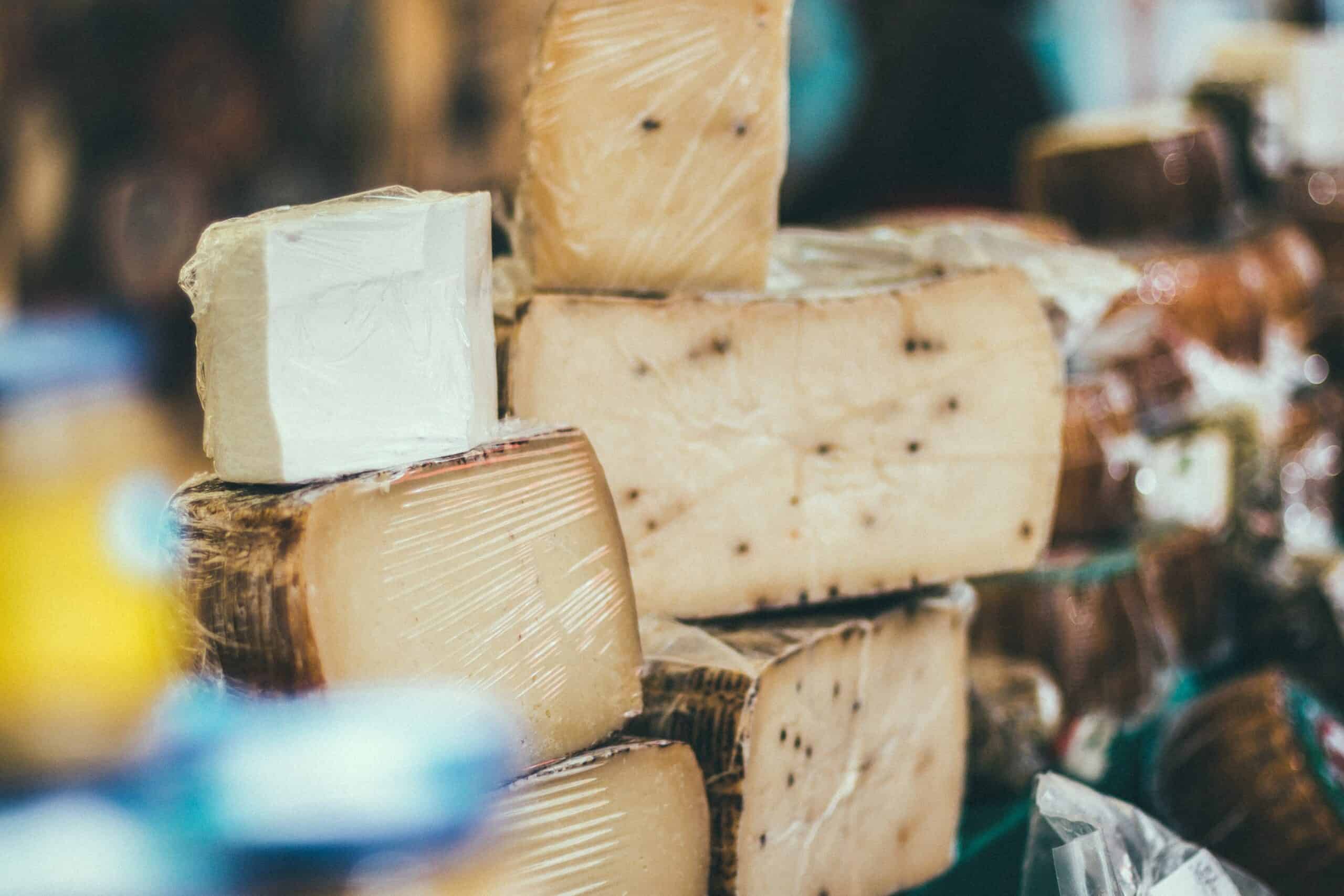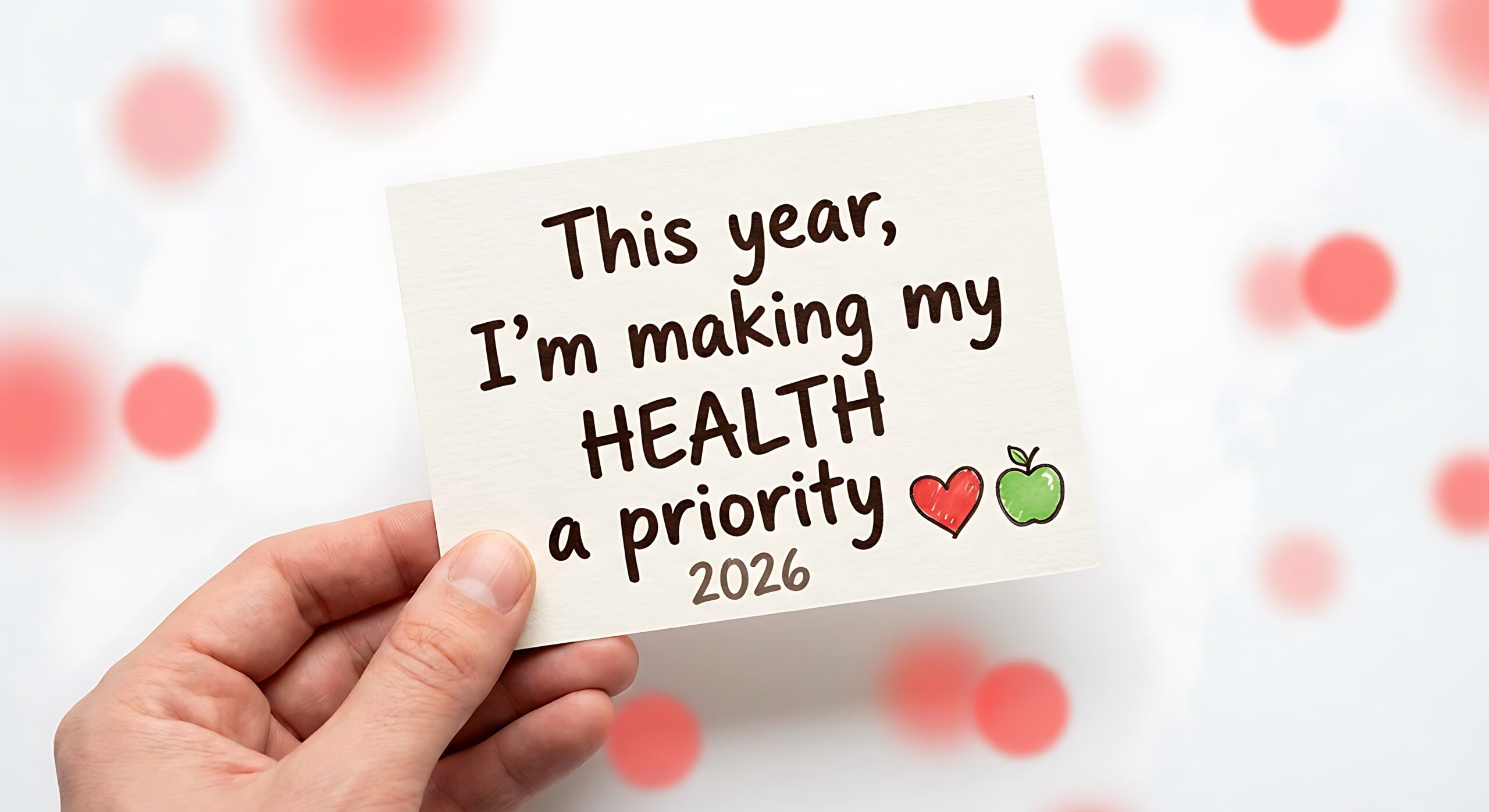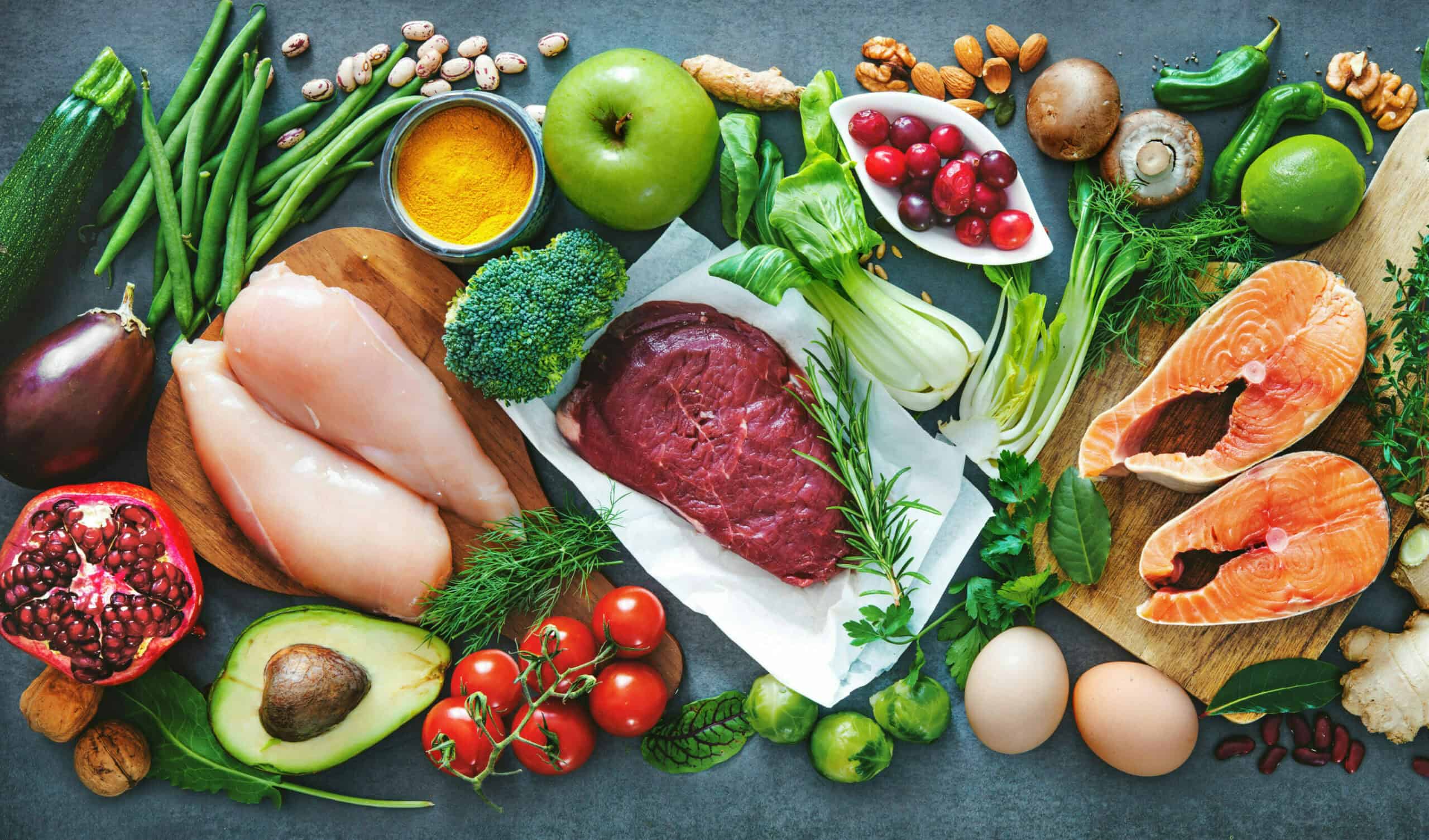Ahh, dairy. Just thinking about melty cheese, creamy ice cream, or a cold glass of milk with warm cookies is enough to get just about anyone’s mouth watering. An added bonus? We’ve been told by people since day one that dairy is good for us, builds strong bones, and is an essential food group for a healthy diet.
However, if someone handed you a beverage that you knew would cause weight gain, bloating, acne, gas, allergies, eczema, and brittle bones, would you drink it? Probably not! Despite the large and growing research showing us that dairy lacks the benefits we were once told and has awful side effects, our government still recommends 3 servings a day and touts dairy as an important part of a balanced diet.
However, research over the past 5-10 years has begun to show otherwise. Dairy products may not be what all we’ve thought they were cracked up to be. Here’s why you should consider either heavily reducing your dairy intake, or eliminating it all together.
- Did you know that almost ¾ of the world’s population is lactose intolerant to an extent? This is because after infancy, when humans are genetically designed to drink milk, they begin to stop producing the enzyme necessary for dairy digestion. This enzyme, lactase, plummets after the age of two in most people. Have you ever noticed that after drinking a milkshake, eating ice cream, or eating cheesy pasta, your stomach is upset? This could very well be caused by the dairy products you’ve just eaten. Cow’s milk is one of the first and most common causes of food allergy in early childhood. For example those allergic to casein protein (found in milk) suffer from eczema, ear infections, congestion and sinus problems. I urge you to eliminate dairy from your diet for one to two weeks to see if it may be what is contributing to your upset stomach!
- Studies have shown that not only is milk not necessary for a healthy, well-rounded diet, but it is also not the catchall for preventing broken bones now or even osteoporosis in the future. Calcium is certainly necessary for good bone health, but humans don’t absorb the calcium in cow’s milk very well. Not only that, but it can also leech the present calcium that our bones already have. It’s no coincidence that the areas around the world with the lowest dairy consumption like African and Asian countries have the lowest rates of bone fractures and osteoporosis. Instead of depending on dairy for your calcium needs, try to incorporate more dark leafy greens, beans, and certain types of fish like salmon and rainbow trout. As for your children, research shows that the more physical activity they get as adolescents and teenagers, the greater their bone mineral density on their 18th birthday! Plus, more and more evidence points to the importance of Vitamin D, not calcium, to truly building strong bones!
- For years, we were taught that eating fat makes you fat. The dietary guidelines have mirrored this info with a strong push for not just 3 servings of dairy a day but 3 servings of low fat and fat free dairy each day! We now know that fat is not the issue and these guidelines have gotten us in a lot of trouble health wise! Eating sugar excessively contributes to weight gain more than anything else we do. Dairy products typically have moderate-high rates of sugar, which can cause your insulin to spike and that sugar to ultimately be stored as fat. Think about it: a glass of milk has around 12 grams of sugar, a serving of yogurt has between 12 and 20 grams, and a serving of ice cream has anywhere from 15 – 35 grams of sugar. If you’re eating dairy at every meal, think of how drastically you could reduce your sugar intake by eliminating dairy from your diet. This reduction in sugar could be just what you were missing to lose that last stubborn 10 pounds.
- What about butter? Butter has been given a bad reputation and therefore for many years we stopped using it! You would think if butter was so bad for you that this reduction would promote better health right? As butter consumption declined, so did our overall health! We now know that, when sourced correctly, butter can be a great addition to a healthy diet. Research has shown that it is protective against diabetes, and has no link to heart disease. Many people who eliminate dairy in their diet can still use butter because butter has little to none of the problematic proteins and sugars such as casein and lactose in it. So the good news is, giving up dairy does not heave to mean giving up butter! Be sure to source ONLY grass-fed butter which has fewer toxins, better fats and more antioxidants. In fact, grass-fed butter is one of the best sources of conjugated linoleic acid (CLA), which boosts your metabolism and helps prevent against cancer and heart disease! And if you are truly allergic to milk, then you can safely use clarified butter or ghee, which has all the water and milk solids removed!
- What about cheese? Who doesn’t love cheese! Definitely stay far away from industrially processed types like Swiss, cheddar, and American which are full of hormones, allergens, and additives. Look for goats and sheep’s cheese like Goat, Feta, Manchego, and Pecorino. So what is the difference between say goats milk and cow’s milk? Well, today’s dairy cows have been bred to have high levels of A1 casein, which is much more inflammatory that A2 casein. The good news is goats’ milk has only A2 casein and is not inflammatory!
So to sum it up, most people should 100% avoid dairy, but if you choose to use dairy in your diet definitely avoid conventionally raised cow’s milk and products which are full of hormones, chemicals and inflammatory compounds. If you suffer from digestive issues, weight gain, diabetes, autoimmune disease, PMS, infertility, skin disorders like acne, eczema or psoriasis, allergies, or any chronic disease you should avoid dairy!
Still skeptical? Try eliminating dairy from your diet for just one week. See how it effects your digestion, skin, and weight and I promise you won’t go back. While an occasional treat of ice cream every now and then certainly won’t ruin all of your weight loss efforts, cutting back could definitely give you the boost you need! Look for grass-fed milk, cheese and butter when you do consume dairy and try sheep and goat products which are even better!





